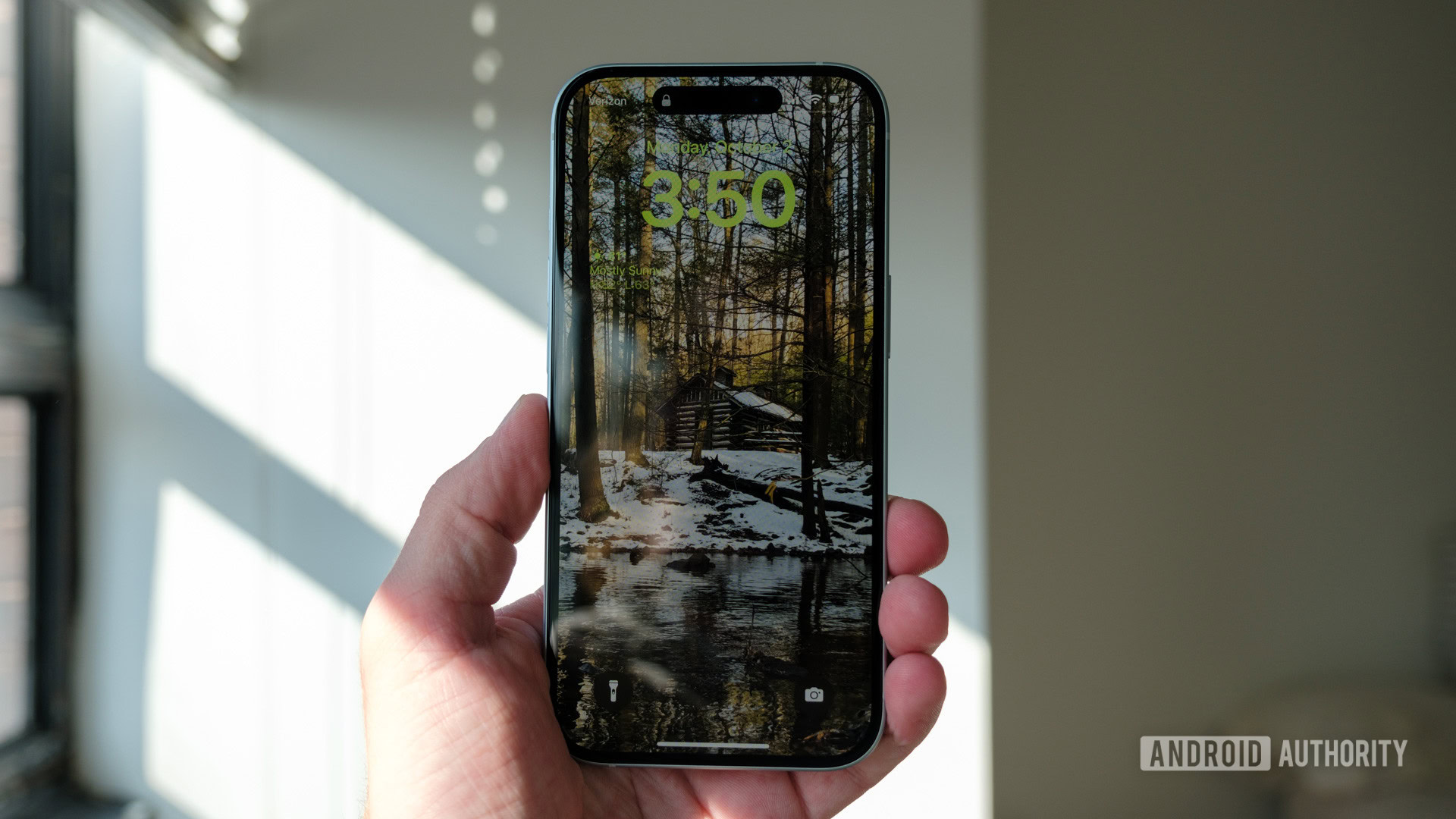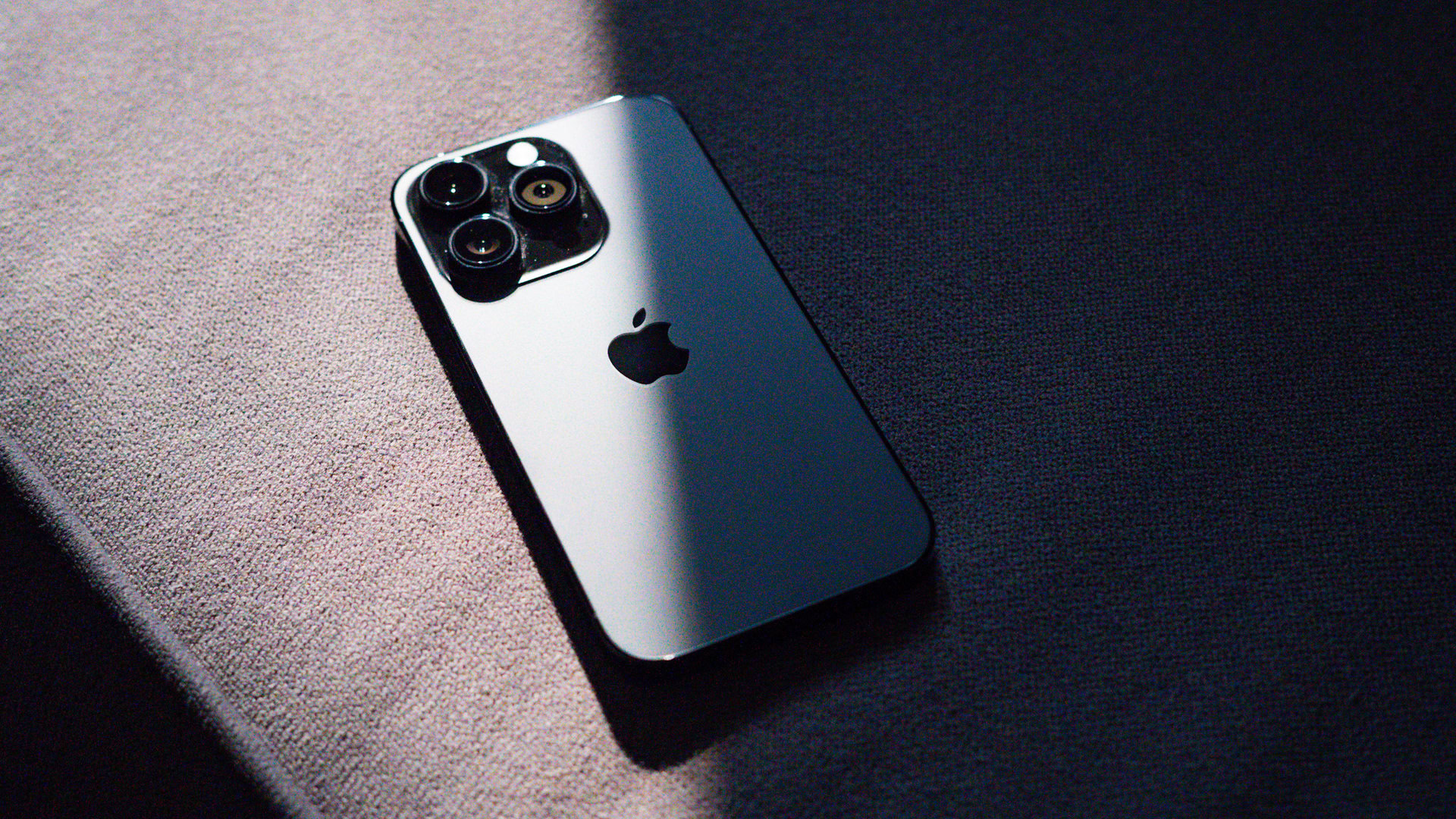Affiliate links on Android Authority may earn us a commission. Learn more.
What does it mean to jailbreak an iPhone?
Published onDecember 6, 2023

If you’ve been frustrated by the limitations Apple imposes on iPhones, you’ve probably come across the concept of jailbreaking at some point. Here we’ll explain the basics of jailbreaking, including its benefits and hazards.
JUMP TO KEY SECTIONS
What does it mean to jailbreak an iPhone?

Simply put, jailbreaking bypasses the software barriers built into iOS. Normally Apple maintains tight control over how apps are installed, what apps can do, and to what extent you can customize the user interface — as of iOS 17, for example, you still can’t change the fonts used for app icons, let alone give those icons a consistent visual theme. Jailbreaking can also potentially free a phone locked to a specific carrier.
Think of it as granting your iPhone the same freedom you have on a Mac or Windows PC. The trick is that in order to order to get it on an iPhone, a jailbreaking tool has to exploit security flaws to obtain root access.
What are the benefits of jailbreaking an iPhone?
Above all, it means being able to install any iOS app you like, whether or not you’re a developer or it’s released on the Apple App Store. That can potentially expand your iPhone’s functionality, or simply make your iPhone more visually unique. You will of course have to track down third-party app sources such as Cydia, learn how their installation schemes work, and take a chance that any downloaded apps aren’t malicious (more on that in a moment).
As mentioned, another benefit is getting around carrier restrictions. It’s increasingly rare to find a carrier-locked iPhone however, so relatively few people will need this perk.
Is jailbreaking an iPhone safe?
Jailbreaking is inherently risky. By definition a jailbreaking tool opens up root access, meaning it can touch anything on your phone. While there are tools the jailbreaking community has come to trust, a poor choice — or someone tricking you — could expose your passwords, conversations, and financial info, among other things. Similar threats are possible from the apps you install.
Apple’s barriers do limit your options and conveniently force you to pay money at the App Store, but they also exist for legitimate security reasons, including not just privacy but blocking malware. In an authoritarian country, jailbreaking is practically begging the government to install spyware.
You also lose access to Apple’s regular software updates if you want your iPhone to stay jailbroken, and there’s greater potential for your device to crash or become an unresponsive brick. If it bricks, you’ve already voided your warranty, so Apple won’t come to the rescue.
It’s possible to jailbreak an iPhone without running into serious trouble, but that demands some research, and you should be prepared to lose on-device data if it becomes necessary to restore your iPhone.
Is jailbreaking your iPhone legal?
Generally speaking yes, although we can only vouch for countries like the United States, India, and New Zealand. Be sure to doublecheck local regulations if you’re concerned. It’s likely to be allowed, at least as long as you own the hardware.
Should I jailbreak my iPhone?
Probably not. While jailbreaking was popular for a few years while iOS still had serious shortcomings next to Android, the platform and the App Store catalog have been continuously evolving. At this point there’s unlikely to be much to do on an iPhone that you can’t find a conventional solution for, short of running things like game emulators.
Apple remains unnecessarily strict on customization, but in our opinion it’s not worth undermining the security of your iPhone for things like new fonts or video backgrounds. Those sorts of enhancements will probably be baked into iOS eventually, and there are even rumors that Apple is planning to allow sideloading apps in iOS 18.
FAQs
Not automatically, but it does make it possible. You may need separate jailbreaking and carrier unlock tools.
Yes. If you’re using a semi-tethered or semi-untethered jailbreak, simply rebooting your phone may return it to normal. Otherwise you’ll probably have to restore your iPhone using Finder for Mac or iTunes for Windows.
Yes, although you may not be able to jailbreak the latest versions of iOS 17. It takes some time for hackers to find workable exploits.
It’s technically possible, but unlikely without your consent. An attacker would have to single you out, and then be aware of deep security vulnerabilities that Apple hasn’t patched yet. Such a hack might still fail due to security measures like 2FA (two-factor authentication).
That said, there have been real-world examples. The best known may be Pegasus, spyware sold by an Israeli firm called NSO Group. The company has marketed Pegasus to governments around the world, and victims have often been unaware their phones were compromised.
You can help avoid unwanted jailbreaks by being skeptical about unsolicited texts and emails, particularly if they ask you to tap on a link. Tools like Pegasus are so advanced, however, that you can potentially be hacked without any interaction.